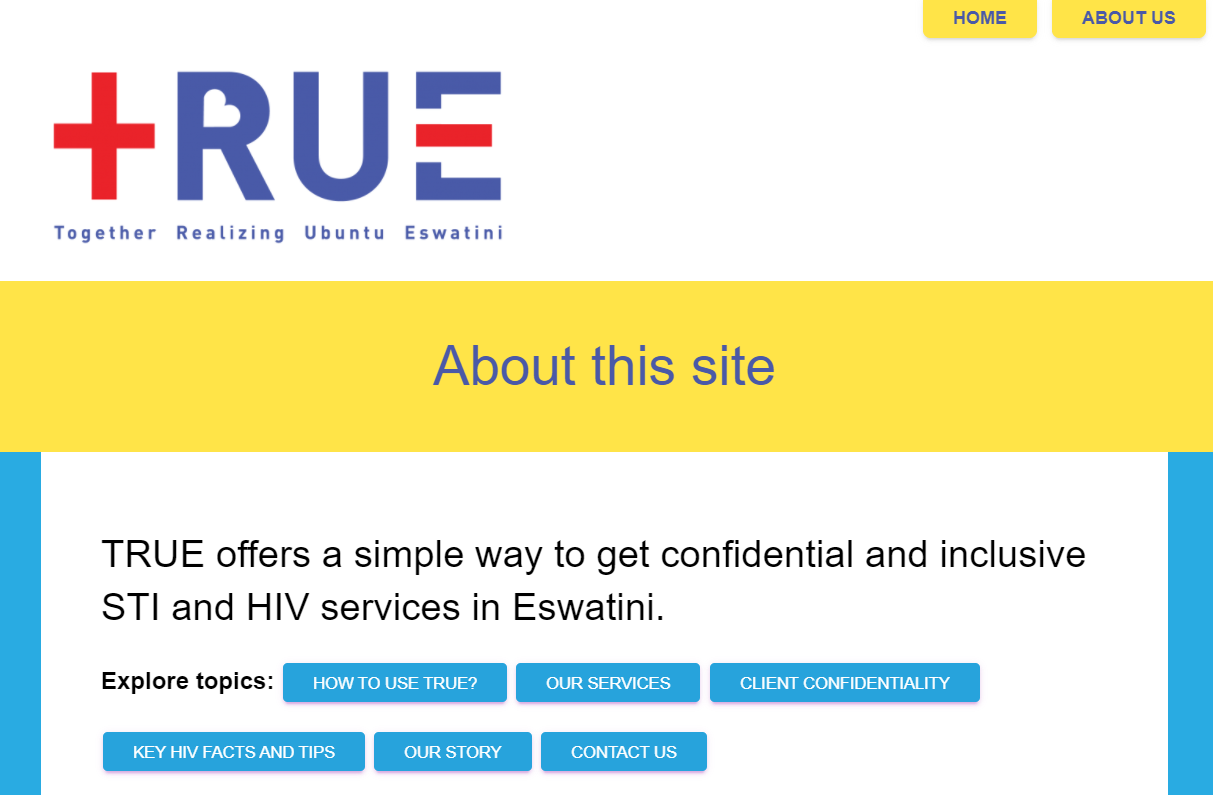
Category: Going Online

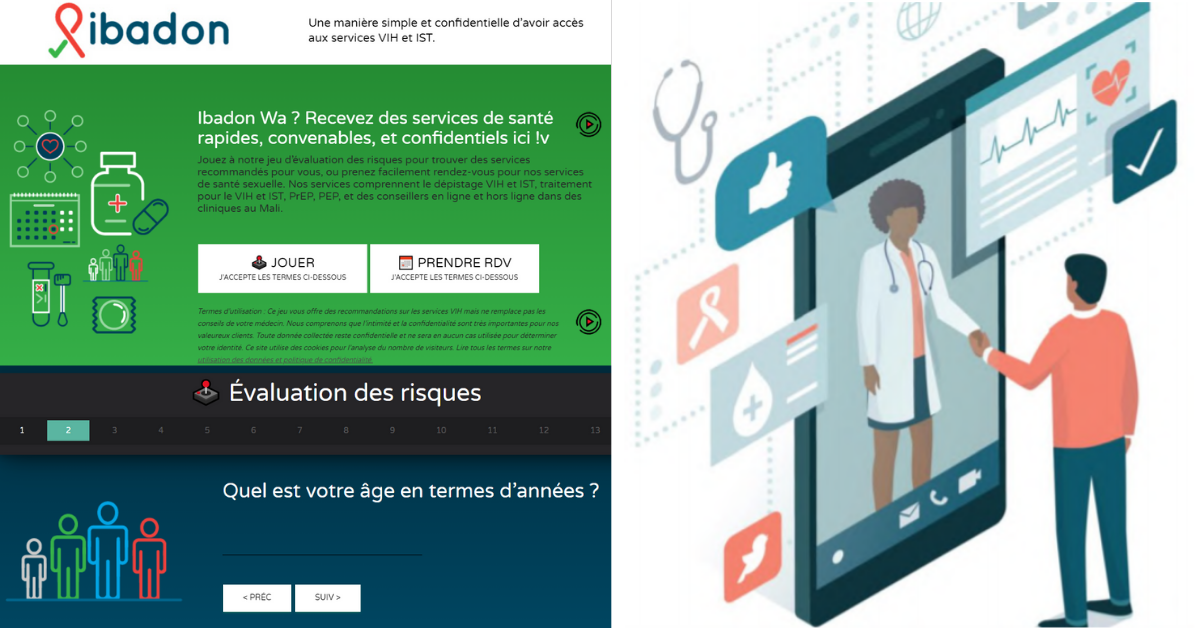
The success of Mali’s online reservation and case management app: Using online platforms to reach those at highest risk of HIV infection
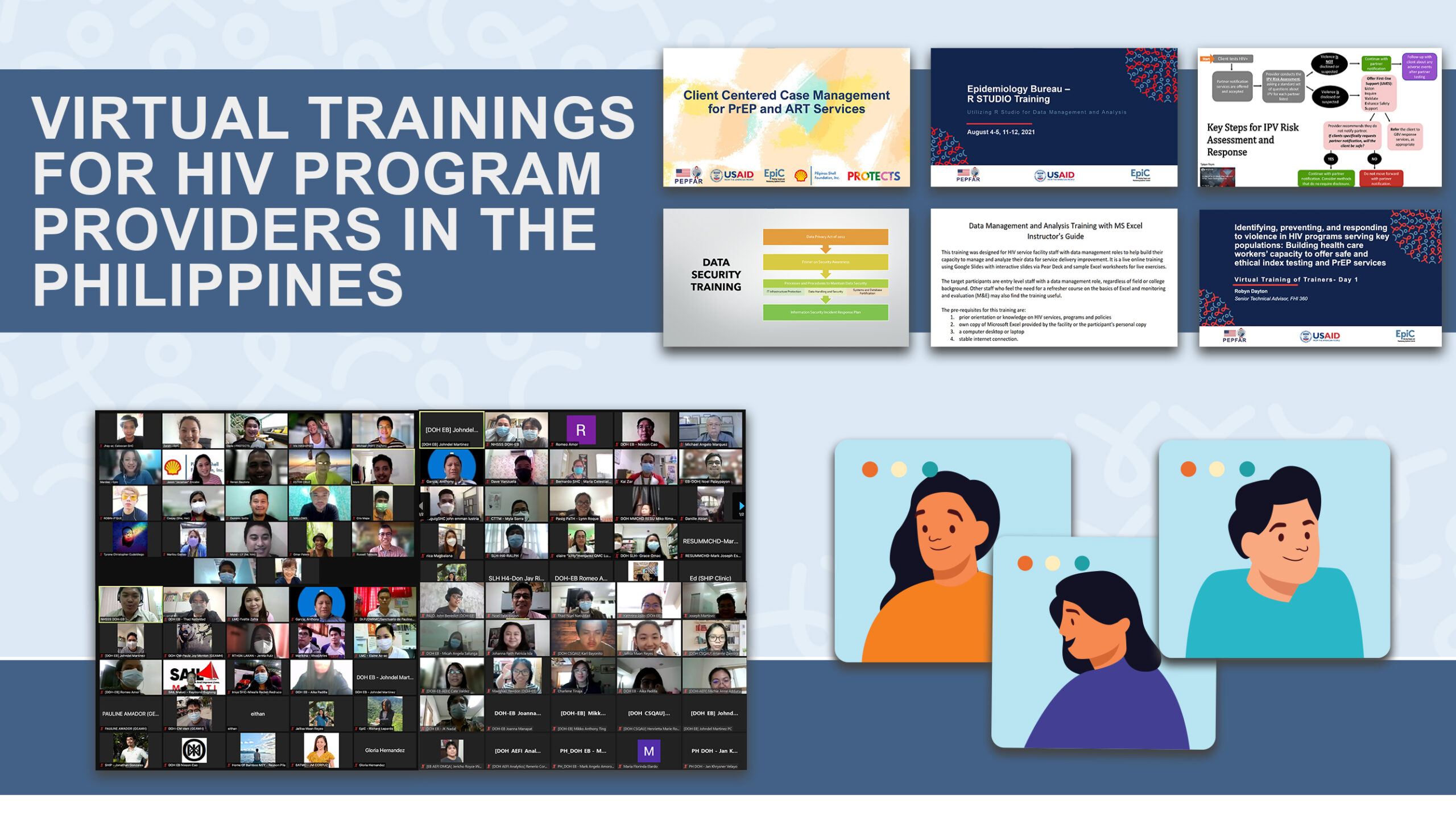
Going online to support HIV program providers and performance during COVID-19 in the Philippines

Next generation virtual HIV programming for the COVID-19 era and beyond
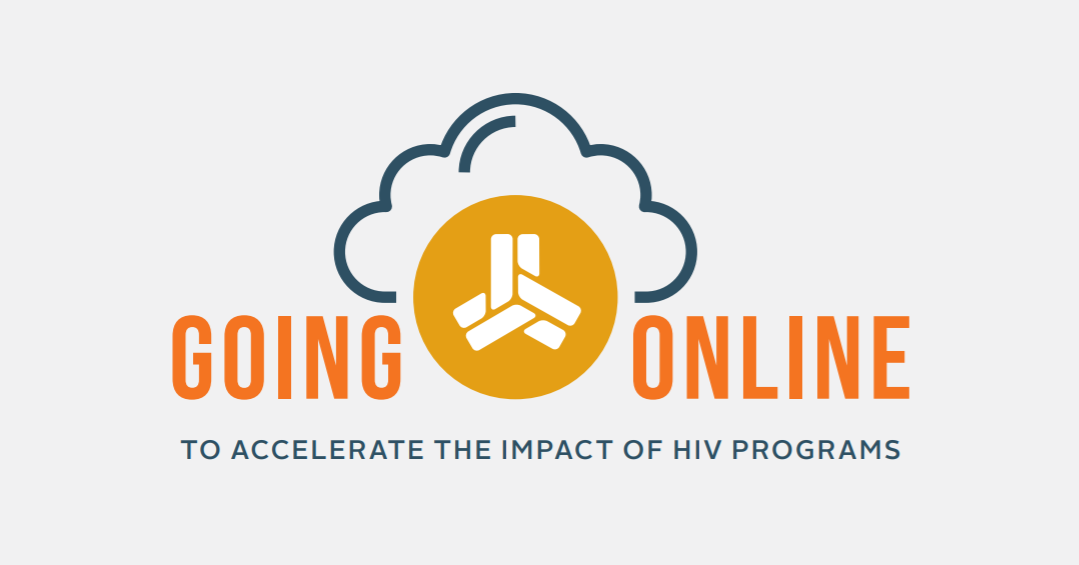
How to take HIV services online: A webinar series

Doing it from a distance: How telehealth is preserving HIV service delivery during COVID-19

Four ways HIV programs can go online to mitigate COVID-19 impact
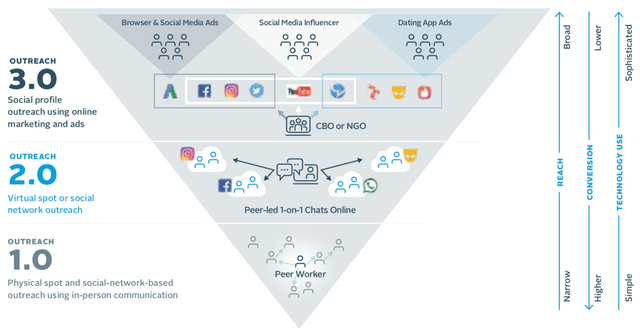
Three ways to leverage social media outreach in HIV programs

How an HIV program in Angola went online, against all odds

